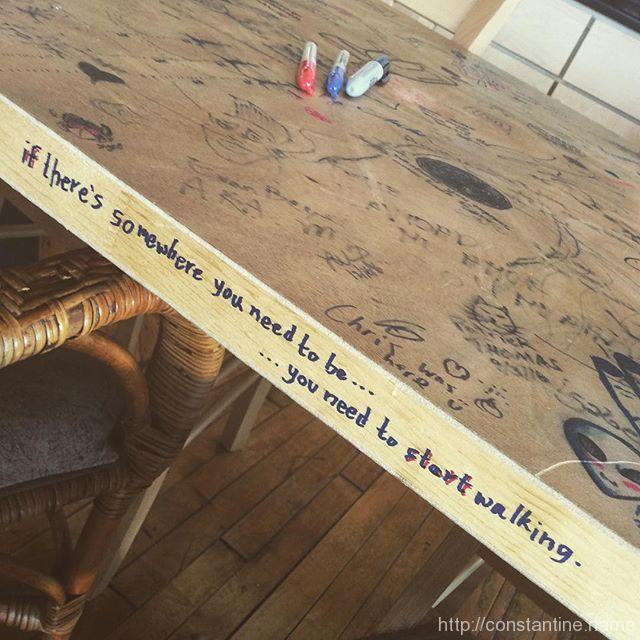One must have a practice. Because the alternative would be to aimlessly wander.
Ancient Stoicism aimed to be a complete philosophy encompassing ethics, physics and logic. Yet most modern Stoics focus primarily on ethics, and they typically adopt four Stoic principles.
The first is that virtue is the only or highest good, including the cardinal virtues of wisdom, temperance, courage and justice. Everything apart from virtue – including wealth, health and reputation – might be nice to have, but they do not directly contribute to human flourishing.
~ Sandra Woien from, https://theconversation.com/stoicism-and-spirituality-a-philosopher-explains-how-more-americans-search-for-meaning-is-turning-them-toward-the-classics-213440
You’ll have to click to read what the other three principles are…
One thing I particular like about the modern Stoicism is that it is explicitly a practice of doing, not of showing. It’s a central point that one should do the work upon oneself without fanfare or proselytizing. Stoicism is aspirational. I share about Stoicism here, in small part because it’d be great for more people to learn about it. But mostly because I often read about it, and thinking and writing about it helps me in my practice.
ɕ
